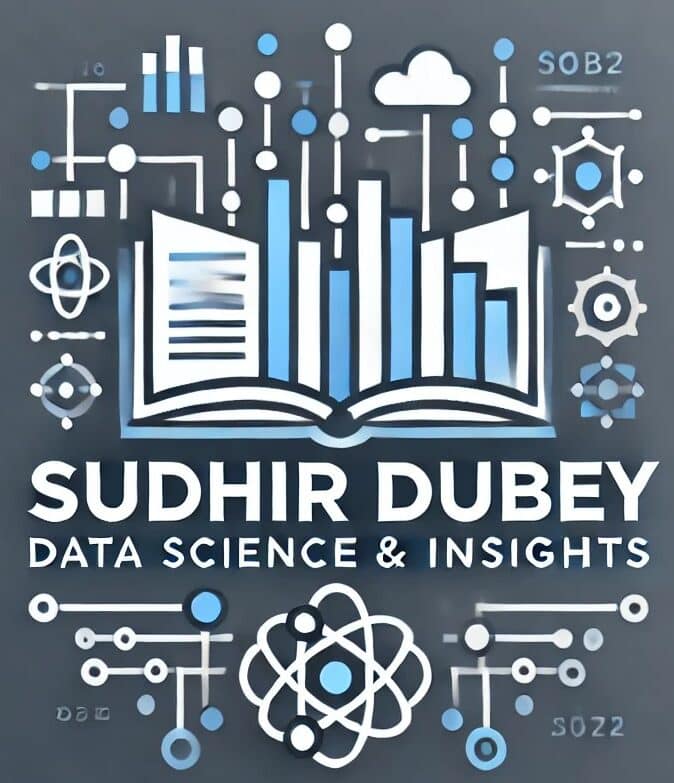Essential Insights on Data Ethics: Elevating Ethical Data Science in 2025
Understanding Data Ethics
Data ethics refers to the system of moral principles that govern the utilization, collection, and analysis of data. It encompasses principles of transparency, accountability, and fairness. With the explosion of AI capabilities, ethical challenges have surfaced, such as biases in algorithms and data privacy concerns. It is imperative that practitioners develop a foundational understanding of how to implement ethical practices in data science projects. By doing so, they can mitigate risks and build models that are fair, just, and unprejudiced.
Frameworks and Guidelines
Several frameworks can guide teams in adopting ethical practices. The most notable include the European Union’s GDPR, which emphasizes data protection and privacy, and the OECD’s principles on Artificial Intelligence, which advocate for robust ethical standards. Companies are also developing their own ethical guidelines like Google’s AI Principles, focusing on societal benefit, avoiding bias, and ensuring privacy protection. These frameworks serve as essential blueprints for creating and maintaining ethical standards in data science operations.
Emerging Trends in Ethical Data Science
The landscape of ethical data science is rapidly evolving with new technologies and methodologies. Key trends include increased transparency in AI systems, development of open-source tools to audit AI models, and strong advocacy for diversity in data teams to mitigate bias. Implementing Explainable AI (XAI) is another vital trend, aiming to make AI decision-making processes transparent to users. These advancements are crucial for shedding light on black-box models, fostering greater trust and credibility among users.
Real-World Examples
Real-world applications of data ethics are diverse. In healthcare, AI algorithms are employed to diagnose diseases, demanding impeccable data integrity and fairness to ensure accurate patient outcomes. The finance sector leverages AI to predict credit defaults, raising questions about discrimination and the ethical use of personal financial data. One notable case is that of a leading tech company revising their facial recognition software after recognizing inherent biases against minority groups, showcasing the dynamic need to re-evaluate ethical practices continuously.
FAQs on Data Ethics
What is data ethics?
Data ethics involves the application of moral principles to the handling of data, ensuring dignity, accountability, and transparency in its use.
Why is ethical data science important?
Ethical data science is crucial for building trust, ensuring fair treatment, and safeguarding privacy, thereby enhancing the societal value of AI technologies.
How can organizations implement ethical practices in data science?
Organizations should adopt guidelines like GDPR and integrate ethical audits, continuous education, and diverse teams to uphold stringent data ethics.
What are the challenges in maintaining data ethics?
Challenges include avoiding biases, maintaining data privacy, and ensuring accurate, unbiased algorithm outputs while balancing innovation with ethical constraints.
Conclusion
As AI and data science continue to transform industries, a commitment to data ethics is non-negotiable. Ethical data science not only fulfills legal requirements but also advances organizational credibility and social responsibility. Looking forward, the fusion of AI with robust ethical frameworks will define the legitimacy and success of future advancements. Professionals and learners are encouraged to immerse themselves in ethical practices, ensuring sustainable growth and trust in technology. To stay ahead in this dynamic field, consider subscribing to our newsletter for the latest insights and developments.



